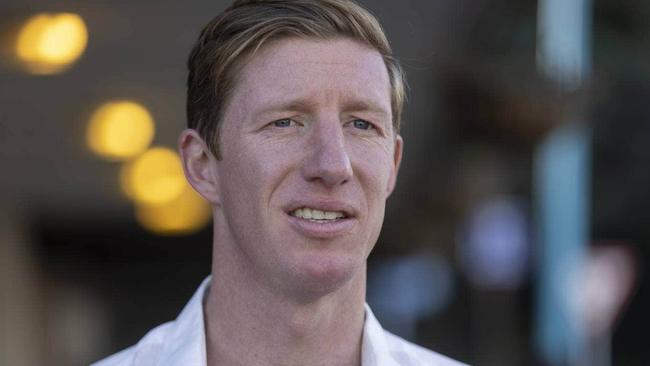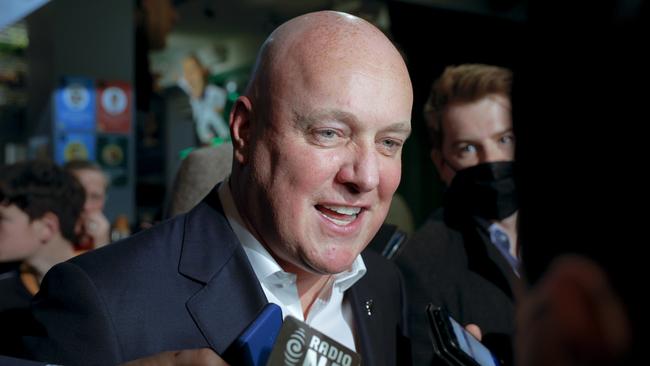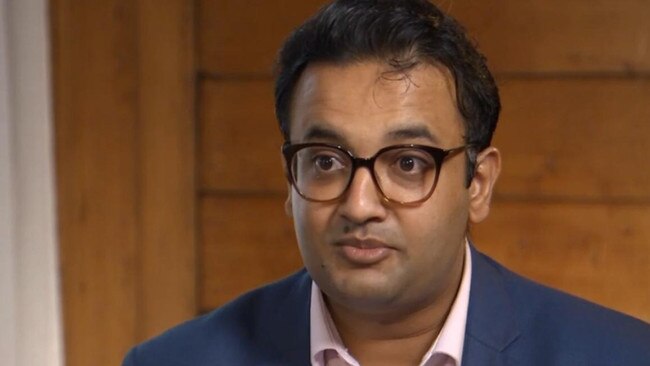Neither of NZ’s main parties emerge well from bullying claims

But recent public revelations and accusations of bullying surrounding two junior parliamentarians have forced New Zealanders to reflect on the character and quality of their representatives – and highlighted profound deficiencies in the country’s candidate selection processes.
The behaviour of the two backbench MPs in question – Gaurav Sharma of the governing Labour Party and the opposition National Party’s Sam Uffindel – has caused deep discomfort for the country’s two main parties.
Mr Uffindell, National’s newest MP who was only elected in June, has narrowly escaped being dumped from the party after an inquiry into historic bullying allegations dating back to when he was a schoolboy (which he admitted) and as a university student (which he denied).
After a weeks long inquiry into claims Mr Uffindell had engaged in intimidatory and aggressive behaviour toward a female housemate while at Otago University in 2003, he has been restored to the parliamentary caucus. This is because Maria Dew KC, leading the review,
couldn’t fully substantiate the university claims, while Mr Uffindell had apologised for the schoolboy bullying, which took place when he was 16.
However while Mr Uffindell has been offered a lifeline by his leader, thus avoiding a potentially embarrassing by-election, the stench of the allegations will be hard for him to shake and he will likely carry it for a while.

While party leader Christopher Luxon hopes he’s now drawn a line under the ‘Uffindell Affair’ and the party can move on and regain its political momentum, the voters may well decide otherwise in the run-up to the 2023 allegation.
Meanwhile Labour has been similarly shaken after claims by junior MP Guarav Sharma who has been expelled from caucus after claiming his party has engaged in intimation, victimisation, misuse of public funds and deliberately circumventing the official information request process.
Dr Sharma’s claims have been refuted by Prime Minister Jacinda Ardern and, amid counter claims of brazen attention seeking, Labour MPs have indicated Dr Sharma has lost their trust.
Both the Sharma and Uffindel cases have laid bare several uncomfortable issues. For one, they have raised serious questions about how candidates for political office are selected in New Zealand. It could be argued that in both cases, the two parties were seduced by the respective resumes of the besieged duo at the expense of character.

Dr Sharma is a respected GP and former Fulbright scholar to the United States. A graduate of the University of New South Wales, Mr Uffindel is former investment banker with international experience, who until recently ran his own agribusiness company in New Zealand.
But questions have been asked over whether either MP – but especially Dr Sharma – is well suited to the strict hierarchy of the party and parliamentary system in New Zealand, in which backbenchers wield little influence and can feel isolated. Indeed, some former parliamentarians have queried whether Labour has failed in its duty of care to nurture Dr Sharma in his new professional environment.
As for Mr Uffindell, should more allegations arise, Mr Luxon will come under pressure to defend both the inquiry he commissioned and his faith in his embattled MP.
By deciding that Mr Uffindell’s historical bullying should not deny him his elected position, Mr Luxon is relying on the public to share his belief in second chances and rehabilitation after youthful bad behaviour.
But parliament’s reputation as a toxic workplace has grown over the years and coupled with a public intolerance for bullying, National’s re-embrace of Mr Uffindell might not play well with voters, just one year out from the 2023 election.
No one person, party or institution is coming off particularly well in this entire affair.
Both parties have had its issues with poor MPs before. But the doubling down on these two cases has heightened concerns about the quality of New Zealand politicians. Integrity has taken a clear hammering. That Mr Uffindel in his maiden speech to parliament forcefully extolled the virtue of accountability did not escape the attention of New Zealanders.
Given both Mr Uffindell’s ultimate restoration and Dr Sharma’s eventual exile have pretty much dominated the political cycle and derailed political agendas these past few months, how the two main parties fare in new polling could indicate whether the two main parties were right or wrong in the way they treated their errant young MPs.



New Zealanders have long thumbed their collective noses at the combative nature of politics in Australia, believing their own parliament to be above such things as confrontation or intimidation.